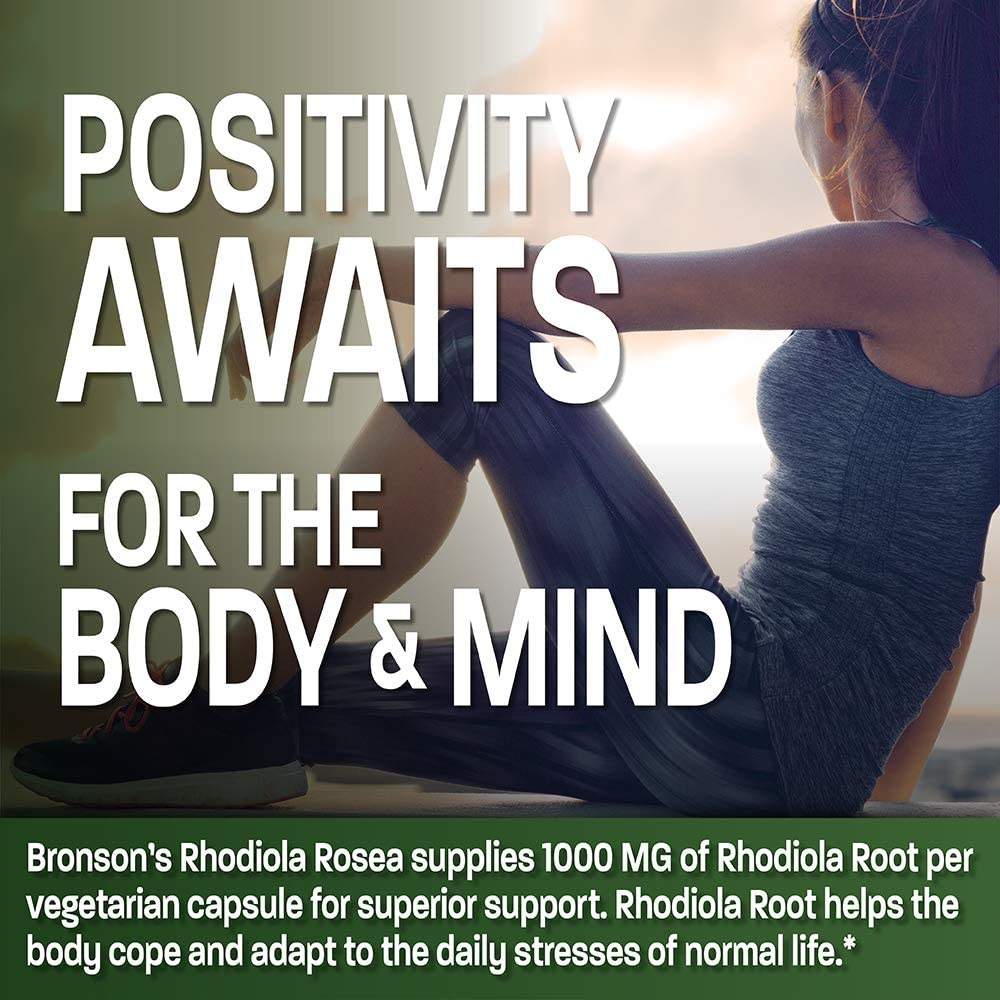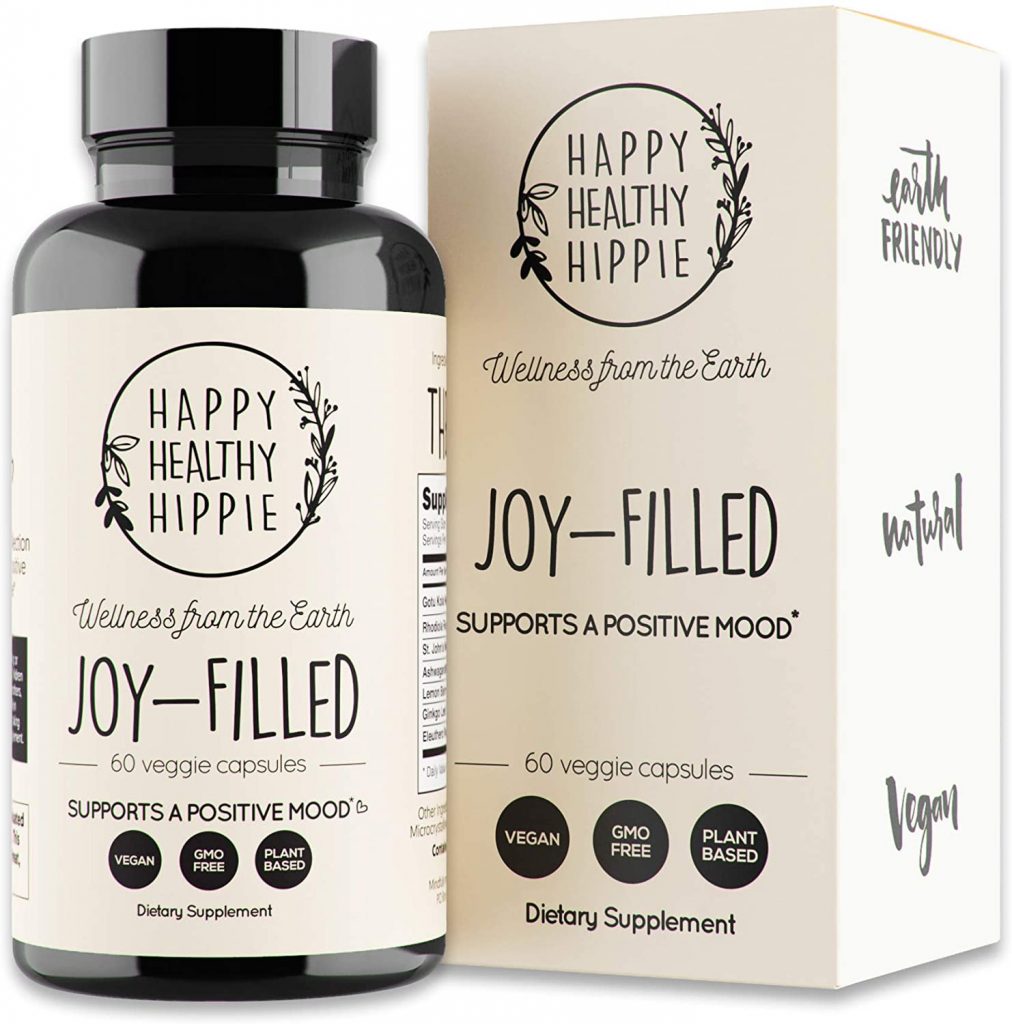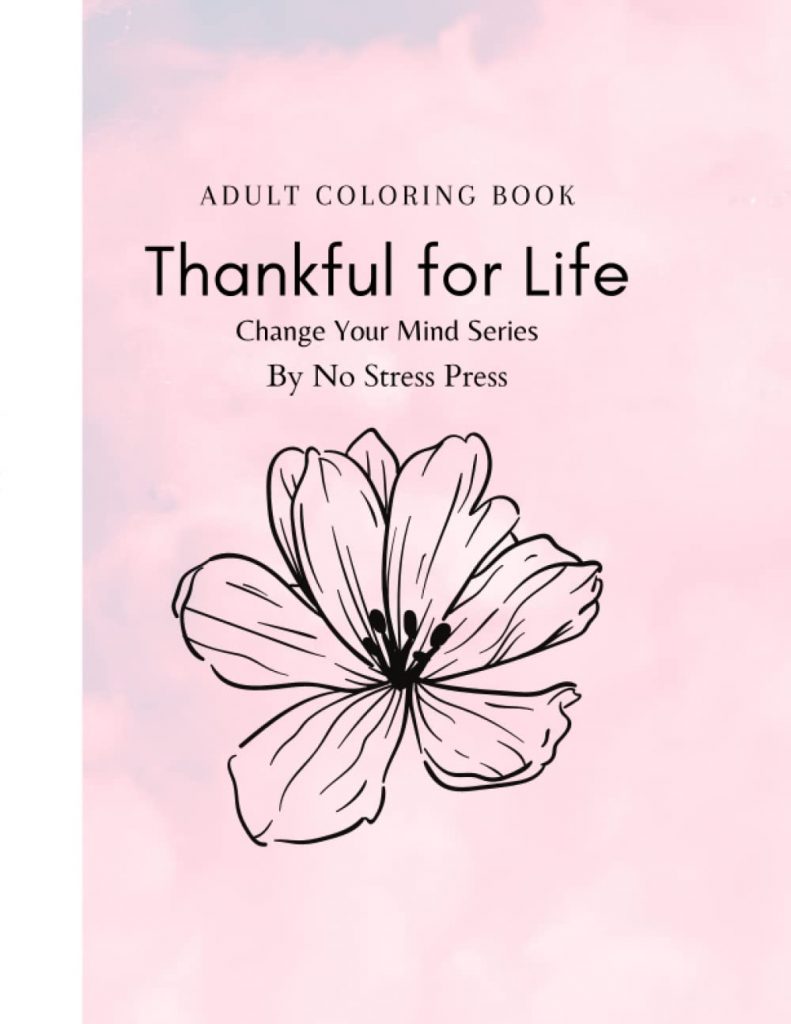Science Says Thankfulness Can Improve Well-Being
According to Dictionary, Encyclopedia, and Thesaurus – The Free Dictionary, thankfulness is being aware and appreciative of a benefit. Thankfulness is being grateful; it is expressive of gratitude. When you show genuine gratitude to someone, they can feel it. It is a transference of positive energy, and both of you will reap benefits.
Scientifically Imaging Gratitude Neurobiology
In this study, participants were connected to a magnetic resonance machine that would allow the researchers to read the brain imagery while being stimulated or induced with gratitude. The researchers hypothesized that the ratings of gratitude would correlate with the activities in brain regions associated with moral cognition, value judgment, and theory of mind.
To induce gratitude in the participants, stories about the survivors of the Holocaust were used. These stories were about the help that the survivors received from strangers during their most personal times of need. In many cases, strangers would help to know that they could be persecuted. The participants were asked to envision themselves as Holocaust survivors, they were asked to convey how the acts of kindness would impact them during that stressful time. The participants rated how they felt with each gift given. As a result, gratitude correlated with brain activity in the anterior cingulate cortex and medial prefrontal. The brain circuitry for moral cognition and positive emotions was put on display and undeniable.
Gratitude & Mental Health Counseling
In healthy-minded populations, it can be stated that they would see the brighter side of things and are generally more gracious. However, what about populations that are seeking mental health support. In the next study, we will focus on the latter population.
The study took nearly 300 participants that were enrolled in college and had actively sought out mental health counseling. The participants were randomly assigned into three groups, and all received counseling services. However, the first group had additional instructions to write one letter of gratitude to another person each week for three consecutive weeks. The second group was asked to write about their deepest thoughts and feelings concerning the negative experiences they’ve had. The third and final groups were not assigned any writing activities.
The study found that in comparison to the groups that wrote about their negative experiences and wrote nothing at all, the group that wrote the letters of gratitude reported significantly better mental health 4 and 12 weeks after the study had ended. Based on the findings, it can be suggested that gratitude writing can be beneficial to healthy, well-adjusted persons and those needing mental health support. Should someone combine mental health counseling and gratitude writing, they would be doing themselves a positive service.
Gratitude & Physical Health Benefits
When you practice gratitude, studies have shown that grateful people engage in more exercise, have better dietary behaviors, are less likely to smoke and abuse alcohol, and have higher rates of medication adherence – factors that translate into a healthier and happier life.
It has been my personal experience, that gratitude makes you focus on the present. Gratitude redirects you to the good things in life. Good energy is vital to your life force in many ways. Let’s look at what Emmons has discovered:
- Keeping a gratitude diary for two weeks produced sustained reductions in perceived stress (28 percent) and depression (16 percent) in healthcare practitioners.
- Gratitude is related to 23 percent lower levels of stress hormones (cortisol).
- Practicing gratitude led to a 7-percent reduction in biomarkers of inflammation in patients with congestive heart failure.
- Two gratitude activities (counting blessings and gratitude letter writing) reduced the risk of depression in at-risk patients by 41 percent over a six-month period.
- Dietary fat intake is reduced by as much as 25 percent when people are keeping a gratitude journal.
- A daily gratitude practice can decelerate the effects of neurodegeneration (as measured by a 9 percent increase in verbal fluency) that occurs with increasing age.
- Grateful people have 16 percent lower diastolic blood pressure and 10 percent lower systolic blood pressure compared to those less grateful.
- Grateful patients with Stage B asymptomatic heart failure were 16 percent less depressed, 20 percent less fatigued, and 18 percent more likely to believe they could control the symptoms of their illness compared to those less grateful.
- Older adults administered the neuropeptide oxytocin showed a 12 percent increase in gratitude compared to those given a placebo
- Writing a letter of gratitude reduced feelings of hopelessness in 88 percent of suicidal inpatients and increased levels of optimism in 94 percent of them.
- Grateful people (including people grateful to God) have between 9-13 percent lower levels of Hemoglobin A1c, a key marker of glucose control that plays a significant role in the diagnosis of diabetes.
- Gratitude is related to a 10 percent improvement in sleep quality in patients with chronic pain, 76 percent of whom had insomnia, and 19 percent lower depression levels.
21 Days to Change
Anything that you do for 21 days is a new habit! If you can practice holding a positive thought for 17 seconds, another positive thought will accompany it. If you can do 4 cycles of 17 seconds (1 minute and 8 seconds) you will have created an increase in the good momentum of that good feeling thought. If you can do this in the morning for 21 days, you will have created a new positive thought pattern that will continue to grow.
The 17 seconds is a practice of presence. If you notice tomorrow never comes. Tomorrow is always today. When you appreciate the now, the present, the moment you are making your today a better tomorrow.
There’s an adult coloring book that focuses on the thankfulness of being alive. The artwork is unique, and every page has the focus statement “I Am Thankful For My Life” on it. The coloring book makes you focus on your most privileged gift…LIFE!
Small Steps to Increasing Your Thankfulness
- Throughout your day, say “I am thankful for my life,” as often as you can remember to say it. If possible, say it over and over for at least thirty seconds each time you remember to say it. For example, in your car, in the bathroom, before a nap, during a work-out are all good times to say how thankful you are.
- Smile for at least 30 seconds when you can. The act of smiling (whether real or fake) releases good neurochemicals in your brain (i. e. endorphins) that trigger a reduction in problematic neurochemicals. This all works to increase your life force making you feel better. Don’t just break out smiling in front of people for no reason…it’ll make you look crazy. The smiles are personal and should be done at appropriate times.
- Make as many physical steps as you can daily. Being active makes you feel good and vibrant.
- Know that every second is a new beginning! You can literally select a better feeling thought in each second of your life.
- Treat your feelings like a gauge that will keep you focusing on the best feeling you can feel in that moment. You may not be able to shake a bad feeling off instantly in the beginning, but just like with muscles, if you use your thankfulness muscle it will grow.
There are a few hobbies that you can develop to help foster more gratitude in your life.
- Adult coloring books that are centered on positive mantras. Adult coloring books have increased in popularity lately. I personally like the single-themed mantra for beginners trying to grow their thankfulness.
- Adult Coloring Book
- Have a relaxing cup of rose tea with a teaspoon of the rich superfood – Manuka Honey. Manuka honey has many great health benefits and it taste amazing.
- Rose Tea
- Manuka Honey
Remember, no one thing is going to bring you wholeness. You have to dedicate yourself to loving enough to pay attention to how you feel. Then you must make feeling better about yourself the most important thing you do!
Thank you for reading this post!
Be blessed!


